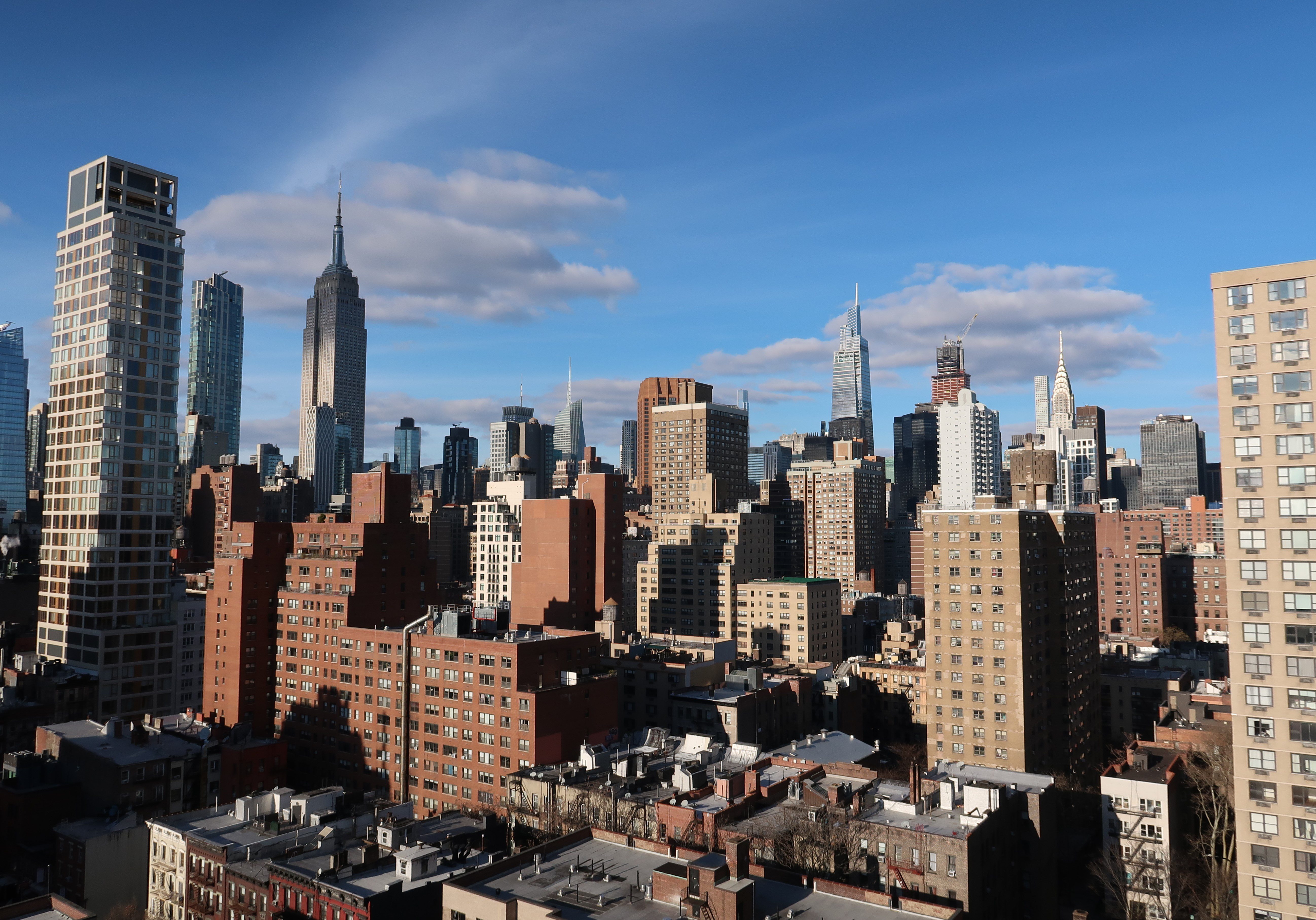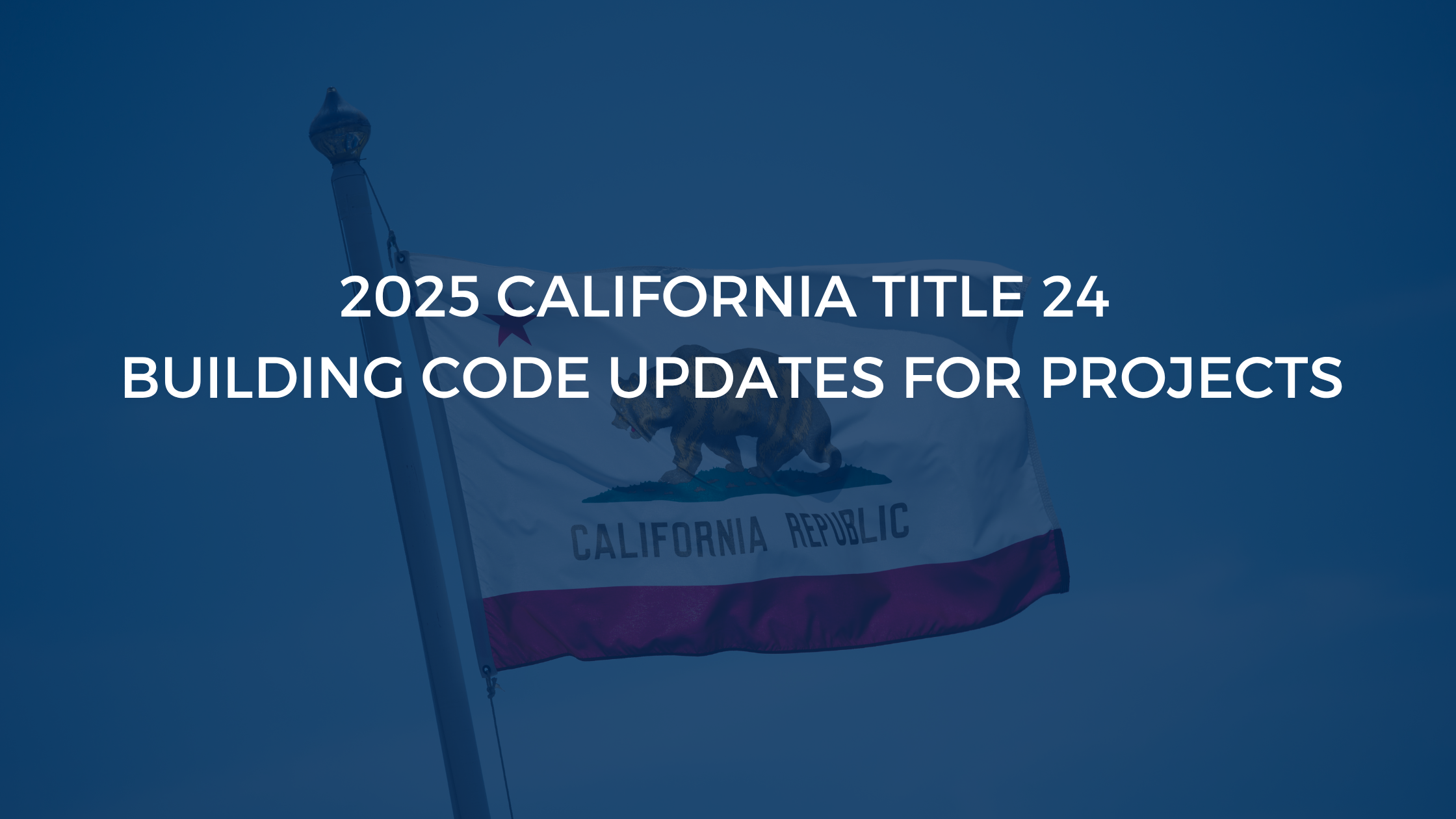Regardless of where a project is being filed, the intent is generally the same. Get the application approved, obtain the permit, and begin construction. This holds true in all the municipalities of New Jersey, as well as the boroughs of New York City. However, the journey from start to finish varies.
Zoning
When a job is filed in New York City, certain considerations determine what reviews are required prior to the plan review for permit. Zoning, landmark and planning reviews are required for projects affecting the exterior of the building, within a landmark-designated building, or a building in a special or flood zone.
In New Jersey, zoning review requirements vary between municipalities and are not based solely on the location and scope. Each municipality has its own stipulations for zoning review. Some, such as Jersey City, require zoning review for all permits. Others, such as Livingston, may only require zoning review if you are making exterior alterations or adding a roof.
“Professional Certification” filings
In New York City, some projects can be filed as “professional certification” and bypass review by an examiner. With the exception of projects that may alter the Certificate of Occupancy, some projects can have a final inspection performed by the applicant of record.
The same scope of work being filed in New Jersey still requires review, regardless of the municipality. Professional certification is not an option for any scope in New Jersey.
Special inspectors and contractors
Special inspectors in New Jersey are required at the state level for certain scopes of work, but not as varied as the special inspection requirements in New York City. If a New York City application requires inspections beyond basic progress and final inspections, a special inspector must be retained prior to permit issuance. In New Jersey, these special certifications do not need to be obtained prior to permitting.
For contractors, in New Jersey the applicant must file a complete set of drawings with the general contractor and all sub-contractors. Additionally, sprinkler work often requires shop drawings and hydraulic calculations (provided by the sprinkler contractor) for the sprinkler permits to be approved and released. In New York City, the contractor must file for the permit. The plan examiner in New York City may require the shop drawings and hydraulic calculations prior to approval.
Electrical Permits
As part of the architectural and mechanical, electrical and plumbing (MEP) sets, New Jersey filings require the complete electrical set filed with an electrical subcode application.
In New York City, all electrical documentation is handled by the electrician, but the main application still requires energy analysis.
Documents
Similar to New York City, forms and drawings for applications in New Jersey are signed and sealed by the appropriate parties.
- Architects sign and seal architectural drawings, engineers will do the same with MEPs, and the contractors each have to sign or sign and seal their individual applications.
- New York City requires a stamp from the applicants on drawings, while in New Jersey the seal must be embossed.
- In New York City, the owner is also included on the applications; in New Jersey, it is only required in some municipalities.
Asbestos
New York City requires asbestos certifications on all projects. New Jersey relies on the contractors and building owners to ensure that asbestos is not present prior to any alteration work. Additionally, no prior asbestos certification is required to file and obtain a permit. Certificates are only required if the space has tested positive for asbestos.
CO/CA/LOC
Unless the occupancy of the space/building has changed, only a Letter of Completion (LOC) will be issued in New York City to signify all work has been performed.
In New Jersey, projects that would typically receive an LOC would receive a Certificate of Approval (CA). However, some municipalities still choose to issue a new Certificate of Occupancy (CO).
When the use of the space has been changed, a new CO will be issued in both New Jersey and New York City.
Fire Alarm Reviews
In New Jersey municipalities, fire alarm scope review and permit issuance is handled by the fire subcode official within the municipality’s Construction Department. Unlike New York City, a separate application to the fire department is typically not required. These applications are generally covered by the electrical subcontractor or the building’s designated fire alarm contractor.
In New York City, the application is filed with the Department of Buildings (DOB); then a second application is made with the Fire Department (FDNY). The FDNY application must be approved prior to approval of the DOB application. The DOB does not issue a permit, and the FDNY oversees all installation and approvals.
If you have questions or comments on this topic contact the New Jersey office of Milrose Consultants.



-3.png)


